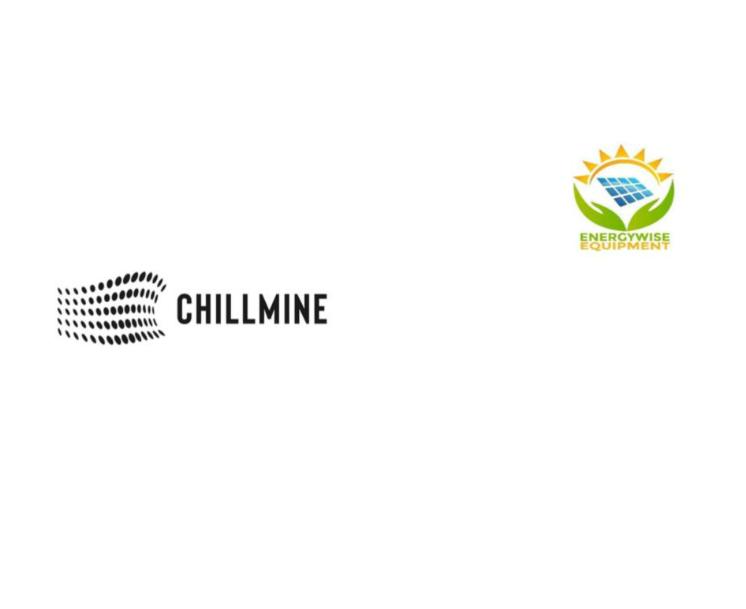Over the last few months, we’ve closely covered South Africa’s struggling telco Cell C. Not only does the company find themself in troubles that have some vague similarities with Telecel but they also had a media division which was like Econet.
Interestingly enough towards the end of September after announcing that they had made R8 Billion in losses, Cell C’s CEO said they had a turnaround strategy and one of the key pillars of that turn around strategy would be Black – the MNOs Video on Demand offering.
The “oh-so pivotal” Black service was recently announced to be shutting down and to be entirely fair the CEO of Cell C he had mentioned that the way they delivered the streaming service was not exactly optimal:
Black was not the right play for Cell C. We did not have the resources to compete in that environment.
We are going to start bringing the investment down in Black and start rethinking where we are
Craigie Stevenson – Cell C CEO
Creating and acquiring quality content requires a lot of resources and know-how, even more so when we are speaking of video content – Econet Media will give testament to that fact – The company actually spent more than Cell C and probably signed up less customers.
Since the launch of Black in 2017 Cell C is said to have invested over R1 billion (about US$67.7 million). Why is the service getting abandoned? Because it isn’t bringing in money (that’s an oversimplification of course):
Following a review of the company’s product portfolio and decision to redirect expenditure to revenue-generating initiatives, Cell C can confirm that it will decommission its streaming content service, Black, on 31 December 2019.
Content remains part of Cell C’s broader strategy. However, we have had to carefully look at how we approach this to ensure we provide a sustainable service that customers want while at the same time offering a service that makes commercial sense to the business.
Customers who had outrightly purchased movies on the platform will get refunds whilst those looking to sign up will no longer be able to do so with service closing down on the 31st of December.
In 2017 and 2018, Cell C spent R1.05 Billion acquiring content for the next 3-5 years. When you consider that only 60 000 transactions (subscriptions/movie purchases) had been made in August last year, it seems Cell C wasn’t in a position to recover the money it spent.
This all speaks to how hard it is to build a sustainable Video on Demand service with Iroko being one of the few success stories on the content – building on the back of demand for Nollywood and West African content and avoiding the spend huge sums to acquire content and throw it in front of people model that was tried by Econet media and Cell C to both company’s demise.













